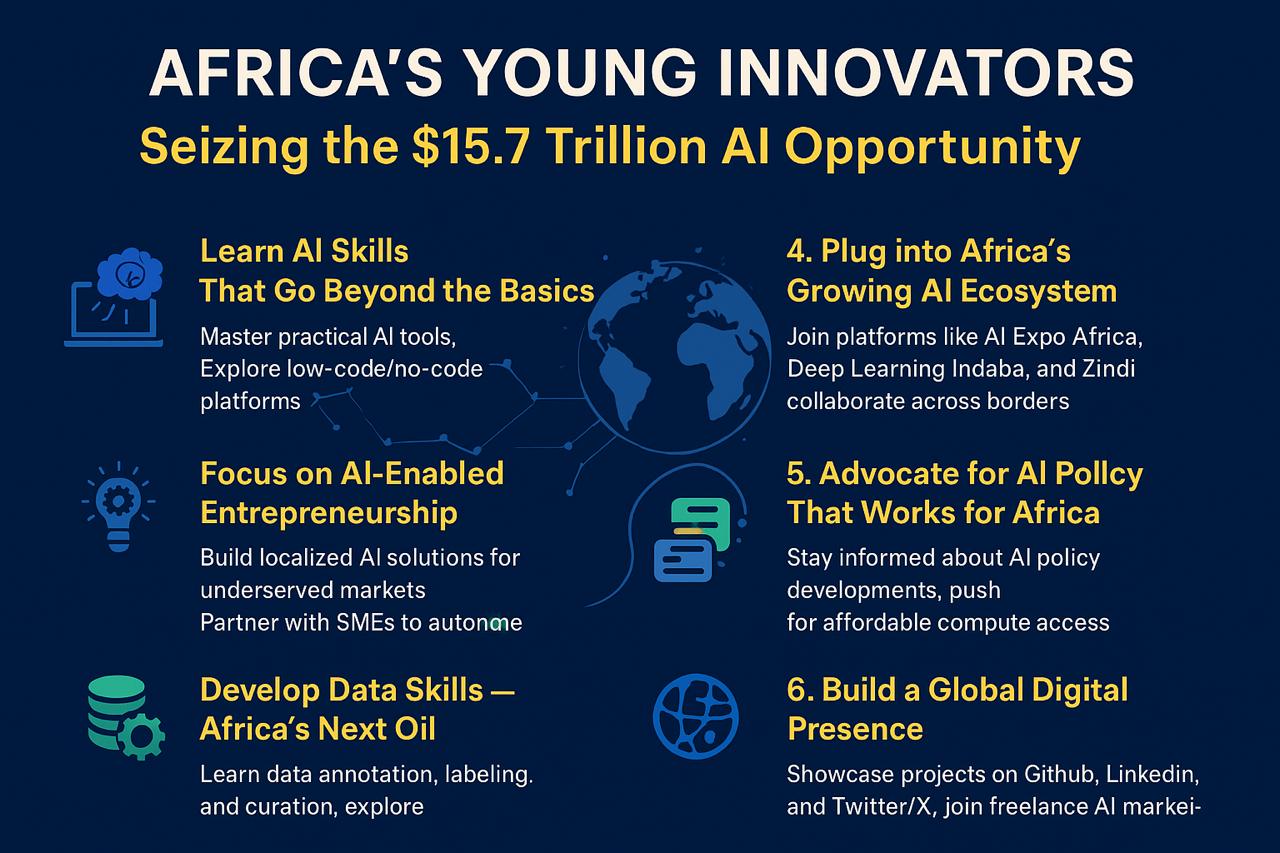Lagos, Nigeria – September 3, 2025 – In a bold move to harness artificial intelligence for bolstering journalism and media accountability, the Centre for Journalism Innovation and Development (CJID) has officially launched the AI in Journalism Incubator 2.0. Announced via a post on X (formerly Twitter) on September 2, this initiative invites media professionals, innovators, and technologists to collaborate on creating AI-powered tools tailored to pressing challenges in Nigeria and across West Africa.
The program builds directly on the success of a 2024 pilot, where CJID, through its Dubawa project, introduced an AI-powered chatbot and audio platform dedicated to fact-checking. The Dubawa Chatbot, integrated into WhatsApp, allows users to verify claims in real-time by accessing current web data, while the audio platform transcribes and analyzes radio broadcasts to identify verifiable statements. These tools, launched in May 2024, have already attracted over 1,000 users and are lauded for streamlining fact-checking processes, though they face hurdles in handling diverse languages and accents.
This latest iteration reflects a growing trend across Africa, where journalism organizations are increasingly leveraging AI to combat disinformation and enhance investigative reporting. According to a 2024 report from the Global Investigative Journalism Network (GIJN), African media groups are developing such tools amid a surge in misinformation, particularly on social media platforms where the continent’s 600 million internet users consume news at some of the highest rates globally. This comes at a time when disinformation campaigns have proliferated, with a documented 300% increase in 2023 alone.
The Incubator 2.0 specifically targets West Africa’s unique media landscape, where access to digital tools remains limited. A 2023 scoping study on AI in public interest media in Africa revealed that uptake of AI in newsrooms is low compared to the Global North, with West African countries like Nigeria and Ghana facing significant resource constraints and knowledge gaps. The study highlighted that smaller media organizations often rely on open-source tools due to financial barriers, and only about 27% of the population in least developed countries (many in Africa) have internet access, exacerbating the digital divide. To bridge this gap, the program offers dedicated mentorship, technical and product development support, networking opportunities, and seed grants to help teams scale their innovations by November 2025.
Eligibility for the incubator emphasizes expertise in areas such as artificial intelligence, machine learning, software development, user experience design, data science, natural language processing, journalism, media research, and fact-checking. Applicants must demonstrate strong interest in leveraging technology to solve real-world challenges in media and journalism, along with problem-solving abilities. Teams are encouraged to apply, with a deadline of September 14, 2025.
This focus aligns seamlessly with CJID’s mission, established in 2014, to promote democratic accountability and sustainable development through innovative journalism. The organization has been at the forefront of combating misinformation, which has eroded public trust in media across the region. A 2022 Reuters Institute report on Nigeria noted an explosion of misinformation driven by the popularity of social media, contributing to declining confidence in traditional outlets. Similarly, broader analyses indicate that disinformation has fueled distrust toward democratic institutions, with domestic actors increasingly using it during elections, as seen in Nigeria’s 2023 polls.
Experts emphasize the need for ethical AI integration to maintain transparency and trust. The GIJN report calls for journalists to disclose AI usage in their work to foster accountability and public engagement. As Africa grapples with these issues, initiatives like CJID’s incubator represent a critical step toward empowering local media to reclaim narrative control and strengthen governance.
Interested parties can apply through the provided link on CJID’s announcement. With disinformation showing no signs of abating, this program could mark a turning point for West African journalism in the AI era.
Teams in this cohort will receive dedicated mentorship, technical and product development support, networking opportunities, and a seed grant for scaling their innovation after the incubator.
🔗 Apply today: https://lnkd.in/dwE_Q4D7




